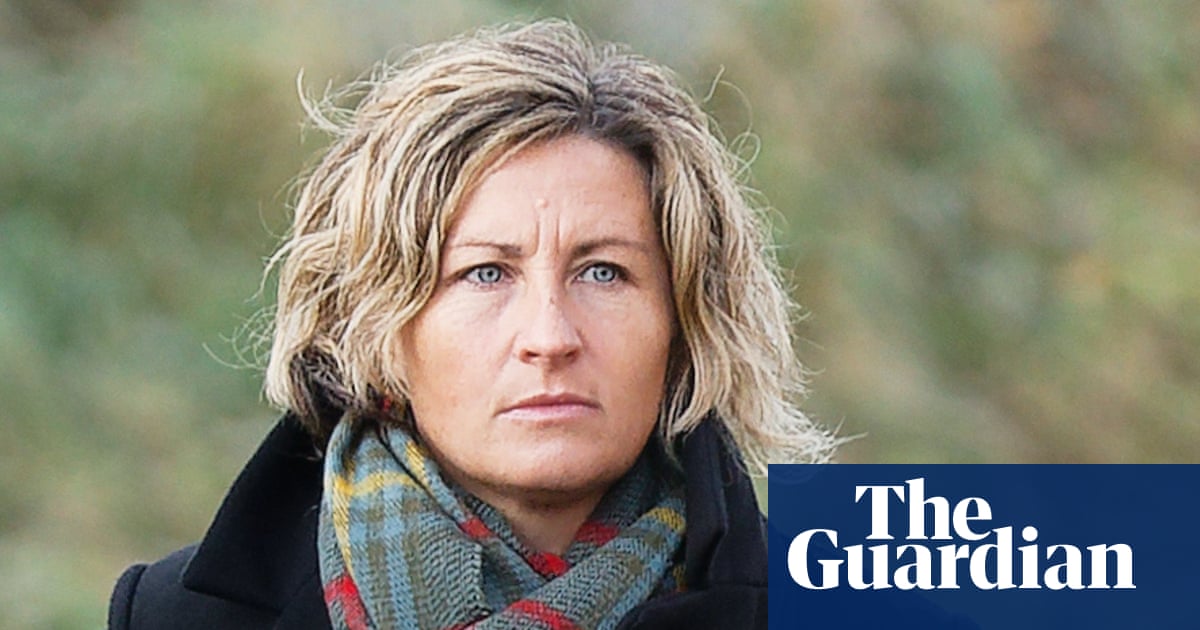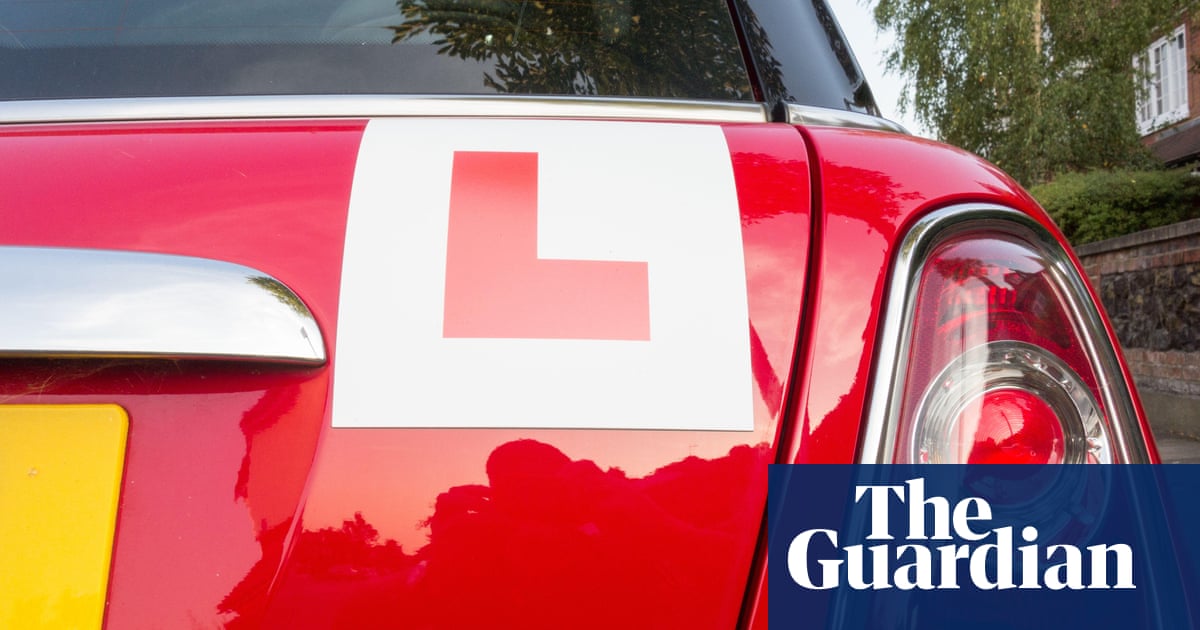Coercive control is to be put on a par with other forms of domestic abuse in England and Wales with police and other enforcement agencies working together to tackle it.
Offenders sentenced from Monday to at least 12 months for controlling or coercive behaviour will be automatically managed under multi-agency public protection arrangements (Mappa).
This means the police, the probation service and other agencies will be legally required to share with one another information about offenders that suggests they are a risk to others, such as their former partners or members of the public.
The provision was part of the Victims and Prisoners Act, which was passed under the previous government last May. The statutory instrument to implement the change was signed into law by James Timpson, the prisons minister, earlier this year.
Coercive control is a pattern of behaviour intended to make the victim feel isolated and dependent on their abuser, and includes threats, intimidation, humiliation and assault. Charities say it is at the heart of domestic abuse.
Offenders who are managed under Mappa have a reoffending rate less than half of the national average, according to research by Anglia Ruskin University.
Timpson said: “Domestic abuse creates fear and isolation, and I will do everything in my power to tackle it and ensure women and girls feel safe in their homes. This new approach will put controlling or coercive behaviour on a par with physical violence and will help prevent these despicable crimes.”
Jess Phillips, the safeguarding minister, said that coercive or controlling behaviour was being “placed where it belongs – on a par with serious violent offending. This is an important step to recognise the harm caused by all forms of domestic abuse, ensure the most harmful offenders are managed in the right way, and ultimately keep victims safe.
after newsletter promotion
“This government will crack on with our work to deliver a system that protects victims, supports their journey to justice and holds perpetrators to account – part of our mission under the ‘plan for change’ to halve violence against women and girls in a decade.”
The change applies to all coercive control offenders who have been sentenced to at least 12 months in prison, including suspended sentences, or given a hospital order. Previously, those convicted of controlling or coercive behaviour were only managed under Mappa on a discretionary basis, but now this will be a legal requirement.
Coercive control was made a criminal offence in 2015. The number of coercive control offences recorded by police across England and Wales has risen in the last two years to more than 45,000 in 2024, according to figures from the Office for National Statistics. Almost all of those convicted are men.
Farah Nazeer, the chief executive of Women’s Aid, said: “Coercive control is a key tool used by perpetrators of domestic abuse, as it isolates survivors and makes them dependent on an abuser.
“It is essential that specialist domestic abuse services, with expertise on abusive behaviours and the impacts on victims and survivors, are routinely included in the Mappa process if survivors are to be properly protected by this measure.”
As one of the missions he set out for his government, Keir Starmer vowed to halve violence against women and girls within a decade of Labour gaining power in 2024.
Since the election in July, ministers have set out plans to embed domestic abuse specialists inside 999 emergency call control rooms and to crack down on spiking by making it a specific offence and training bar staff in how to spot it.

.png) 2 months ago
24
2 months ago
24













































